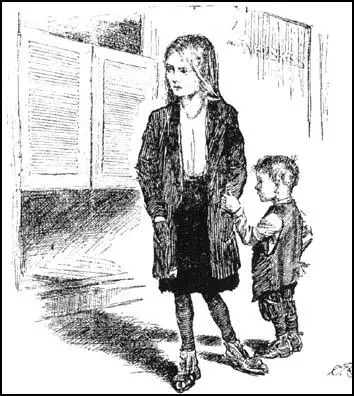Anti-Saloon League
The Anti-Saloon League was founded in 1893 in Ohio. An organisation opposed to the sale of alcoholic beverages, it drew most of its support from church and temperance societies. Many business leaders believed their workers would be more productive if alcohol could be withheld with them. John D. Rockefeller, alone, donated over $350,000 to the organisation.
Opinion on prohibition began to change and by January, 1919, 75% of the states in America had approved the 18th Amendment which prohibited the "sale or transportation of intoxicating liquors". This became the law of the land when the Volstead Act was passed in 1920.

and food are in there, too, and they'll never come out."
Chicago Sun Times (1927)
Primary Sources
(1) Ernest Moore, The Social Value of the Saloon (July, 1897)
The saloonkeeper is the only man who keeps open house in the ward. It is his business to entertain. It does not matter that he does not select his guests; that convention is useless among them. In fact, his democracy is one element of his strength. His face is the common meeting ground of his neighbors - and he supplies the stimulus which renders social life possible; there is an accretion of intelligence that comes to him in his business. He hears the best stories. He is the first to get accurate information as to the latest political deals and social mysteries. The common talk of the day passes through his ears and he is known to retain that which is the most interesting.
There is another primal need which the saloon supplies and in most cases supplies well. It is a food-distributing centre - a place where a hungry man can get as much as he wants to eat and drink for a small price. As a rule the food is notoriously good and the price notoriously cheap. That the saloon feeds thousands and feeds them well no one will deny who has passed the middle of the day there.
